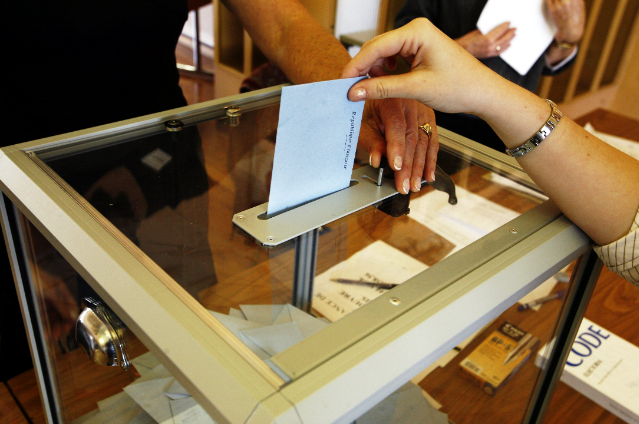The role of elections in selecting and endorsing leaders in representative democracies has long rendered the study of all things associated with their process and outcomes a central preoccupation of the discipline. And with the spread of electoral democracy across the globe over the last four decades. The significance of its study has consolidated even further.
However, as an area of academic injury, electoral politics is wide-ranging in its interests, approaches, and methodologies. A great deal of this scholarship is what be reasonably described as concerned with the practice of elections. Such works engage with questions about the form, function, and effects of electoral regimes. The focus of much of this literature is on how electoral politics affects the strategic, calculative behaviors of political actors and institutions, and its consequent representational and distributional outcomes.
A second body of scholarship deals less directly with practical matters concerning the 'who', 'what' and mechanism of elections, focusing instead on how electoral regimes conditions the underlying dynamics of political systems in normative and philosophical terms. Electoral politics is explored chiefly in terms of what those practices should entail for individuals and how they might be arranged so as to best shape the state and its relationship to its citizenry.
Cutting across both broad areas of inquiry is a burgeoning scholarship on the performance of electoral democracy. In the context of consolidated democracies, several studies have documented the appearance of a 'democracy deficit', as measured by plummeting voter turnout, growing voter volatility, weakening partisan, identification, and falling party membership.

